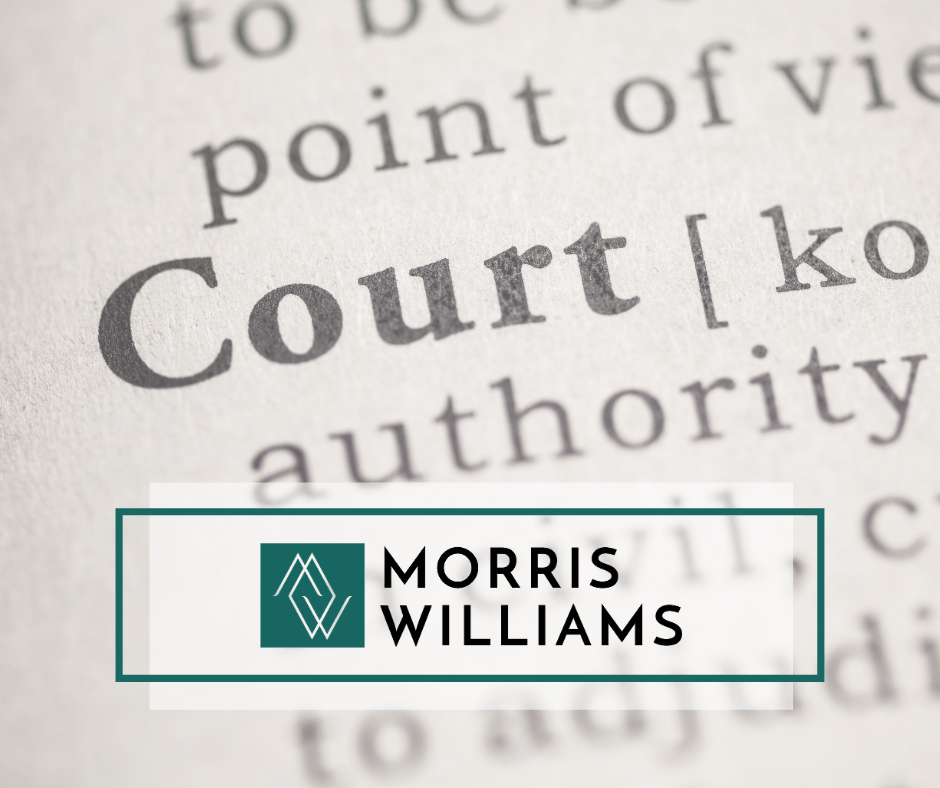Seeking Safety and Protection During COVID-19 Pandemic

As of March 30, 2020, the citizens of Virginia are now subject to the Governor’s Executive Order 55, entitled, “Temporary Stay At Home Order Due to the Novel Coronavirus (COVID-19)”. For most of us, this means a clear and abrupt disruption to our normal activities as we once knew it, at least until June 10, 2020. Unfortunately, for many individuals, this Order also represents more fear and uncertainty if they are living in an unsafe house. This could be because of ongoing abuse or threats of harm directed towards a family member. What are the options to protect these people?
First and foremost, for anyone fearing for their ongoing safety or for the safety of their loved ones, it is crucial that law enforcement is contacted. Real time emergencies call for real time contact with law enforcement. Law enforcement personnel are still working. In addition to contacting law enforcement, an individual may also have the option to obtain a civil Protective Order (PO), also called a Restraining Order in certain states. Although the courts are not hearing many cases in light of the COVID-19 crisis, certain matters like PO’s are still being heard and remain top priorities for Hampton Roads courts.
So, what exactly is a PO? A PO is a type of court order that can be granted to an individual by either a judge or a magistrate (an officer of the court). An individual seeking a protective order is called a “petitioner.” The purpose of any protective order is to request that specific boundaries be put in place to restrict contact between a petitioner and another individual, called the “respondent.” One of the ways for a petitioner to obtain a protective order is to show evidence alleging that they are victims of family abuse. In section 16.1-228 of the Code of Virginia, “family abuse” is defined as “any act involving violence, force, or threat that results in bodily injury or places one in reasonable apprehension of death, sexual assault, or bodily injury and that is committed by a person against such person's family or household member.”
If a petitioner presents evidence, usually by way of a sworn affidavit, to indicate that they have suffered “family abuse,” the judge or magistrate will typically place an Emergency Protective Order (“EPO”) in place. An EPO will often expire at the end of the third day following issuance of the EPO. The purpose of the EPO is to provide the parties a “cooling down” period. Sometimes individuals don’t seek further court intervention, but when appropriate, one can request to extend the EPO. If the judge or magistrate determines that the EPO should be extended, a Preliminary Protective Order (“PPO”) is put in place. This typically lasts fifteen days or until a full hearing can be scheduled by the local court. It is important to note that the fifteen-day timeframe can be extended. For both an EPO and a PPO, the petitioner presents their evidence ex parte, meaning that the respondent is not present to offer alternative evidence of the allegations made by the petitioner. Therefore, there must be a full hearing on the matter at some point in the future.
At the final hearing, the judge will hear evidence from both parties. It is important to note that the petitioner has the burden of presenting evidence that “family abuse” occurred, not that the respondent has to prove it did not occur. Both parties may be represented by an attorney at this hearing. After all evidence has been presented, a judge will determine whether a PO will be granted.
If a PO is granted after a final hearing where evidence is presented by both the petitioner and respondent, the judge must first determine how long the PO should be in place. PO’s can last for up to two years; however, the judge will determine the length based on the evidence presented at the hearing. Like an EPO or PPO, the judge can order a variety of provisions that can restrict contact between the parties. With the PO, however, this is on a more permanent basis and the provisions put in place will last for as long as the judge states, or the length the PO is in place. Before the expiration date of a PO, either party can ask the court to either modify or dismiss the order, which typically occurs through another hearing.
As a respondent, an EPO, PPO, and/or PO can have serious consequences for their lives in the present and future. One consequence is that the respondent cannot possess or continue to own a firearm while any form of protective order is in place. In fact, they must immediately turn in any firearms in their possession within 24 hours of being served by the sheriff. Additionally, if the respondent is in the military, they may also have a military protective order imposed and have their ability to carry a weapon in the course of their employment duties revoked for as long as the protective order is in effect. These ramifications can obviously have lasting consequences for an individual’s job, especially if it is a requirement that they carry a weapon in the normal course of performing their duties. Finally, a protective order can negatively impact their security clearance. There are more ramifications that can occur on the military side with Family and Fleet Services as well.
The attorneys at Morris Williams LLC - A Family Law Firm are experienced at both obtaining protective orders and defending against protective order matters. Contact us today to schedule a consultation at admin@morriswilliamslaw.com or (757) 266-9425. We continue to conduct telephone and video consultations that empower our clients to make the best decisions for their futures.







Share On: